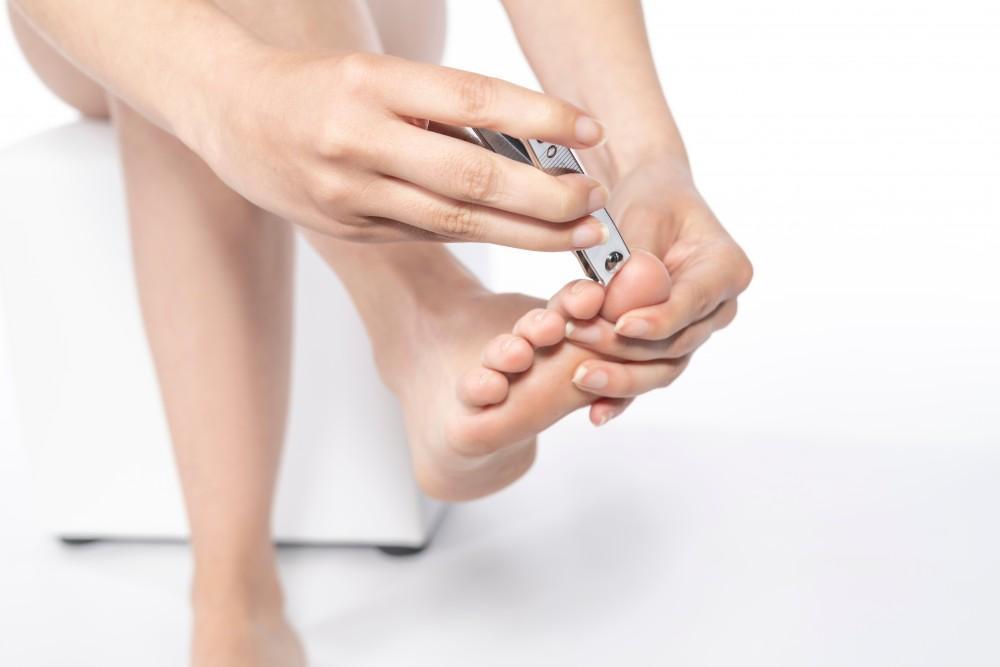
Morton's Neuroma: What Medications Help?

There’s nothing worse than living with constant pain in your foot, especially when it limits your daily activity. If you’re dealing with the discomfort of Morton’s neuroma, you’re not alone. This condition, characterized by the thickening of the tissue around a nerve in your toe, impacts your life. But don’t panic; we provide solutions.
At Family Foot and Ankle Center of South Jersey, located in Cherry Hill, New Jersey, our team is here to help you find relief and long-term solutions. We can diagnose your symptoms and create a personal treatment plan.
In the meantime, we’ll explain medications to improve Morton’s neuroma.
Causes and symptoms of Morton’s neuroma
While the exact cause of Morton’s neuroma isn’t always clear, it’s usually associated with wearing tight or high-heeled shoes that compress your toes and pressure the nerves.
Bunions, hammertoes, and other foot abnormalities can also exacerbate this condition. Regardless of how or when your condition started, our team helps you find a personalized treatment plan.
The signs are hard to miss. You might notice pain or discomfort in the ball of your foot that worsens with activity or a feeling of having a pebble or marble stuck there. You may also notice tingling, numbness in your toes, and a burning sensation in the affected area.
What medications help with Morton’s neuroma?
Although it can seem daunting and overwhelming to treat the symptoms of Morton’s neuroma, there are various medications available that offer relief. Let’s explore a few:
Nonsteroidal anti-inflammatory drugs (NSAIDs)
NSAIDs are excellent for treating stubborn pain. They reduce inflammation and relieve discomfort, making going about your daily routine easier. Just remember to follow the recommended dosage to avoid potential side effects.
Corticosteroid injections
These powerful injections deliver anti-inflammatory medication into the affected area so you feel immediate relief from the pain and swelling. They can relieve your discomfort for several weeks to months. However, corticosteroid injections are usually reserved for cases where conservative treatments have failed because they can carry certain risks if administered incorrectly.
Topical pain relievers
When in doubt, a topical pain reliever like lidocaine patches or cream can offer relief. These products work by numbing your affected area to provide temporary relief.
Convenient and easy to use, topical pain relievers offer a localized solution without the potential side effects of oral medications. However, the effects may not be as long-lasting for more severe cases.
Stepping towards relief
We understand how much Morton’s neuroma can be a pain. But we also know that the proper medications and treatments can get you back to doing what you love. Our team is here to help determine what’s best for your specific symptoms and offer an array of options to improve your quality of life.
We’ll help you take charge of your foot health and step into a pain-free future! If you’re ready to learn more, give us a call at 856-381-0310 or send us a message online to book an appointment today!
You Might Also Enjoy...


5 Ways to Keep Your Bunion Pain to a Minimum

Gout: What Is It and How Can I Get Rid of It?

Complications of an Untreated Ankle Sprain

Suspect You’ve Broken Toe? How To Tell and What to Do


